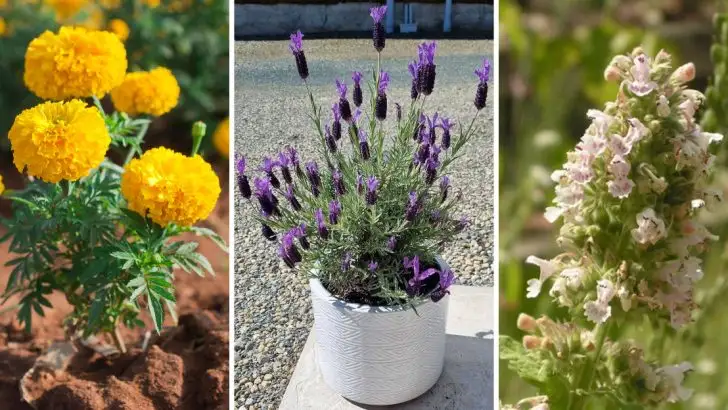Mosquitoes have a way of ruining even the nicest summer evenings. You set up a nice spot outside, pour a drink, maybe start the grill—and five minutes later, you’re swatting at your ankles and reaching for the bug spray. It doesn’t have to be that way.
Some flowers do double duty: they look great and naturally help keep mosquitoes at bay. They’re not a magic force field, but planted strategically, they can make a noticeable difference—and they don’t come with a chemical smell or greasy feel. These 18 options bring color to your yard and make it a little harder for mosquitoes to crash the party.
Marigold
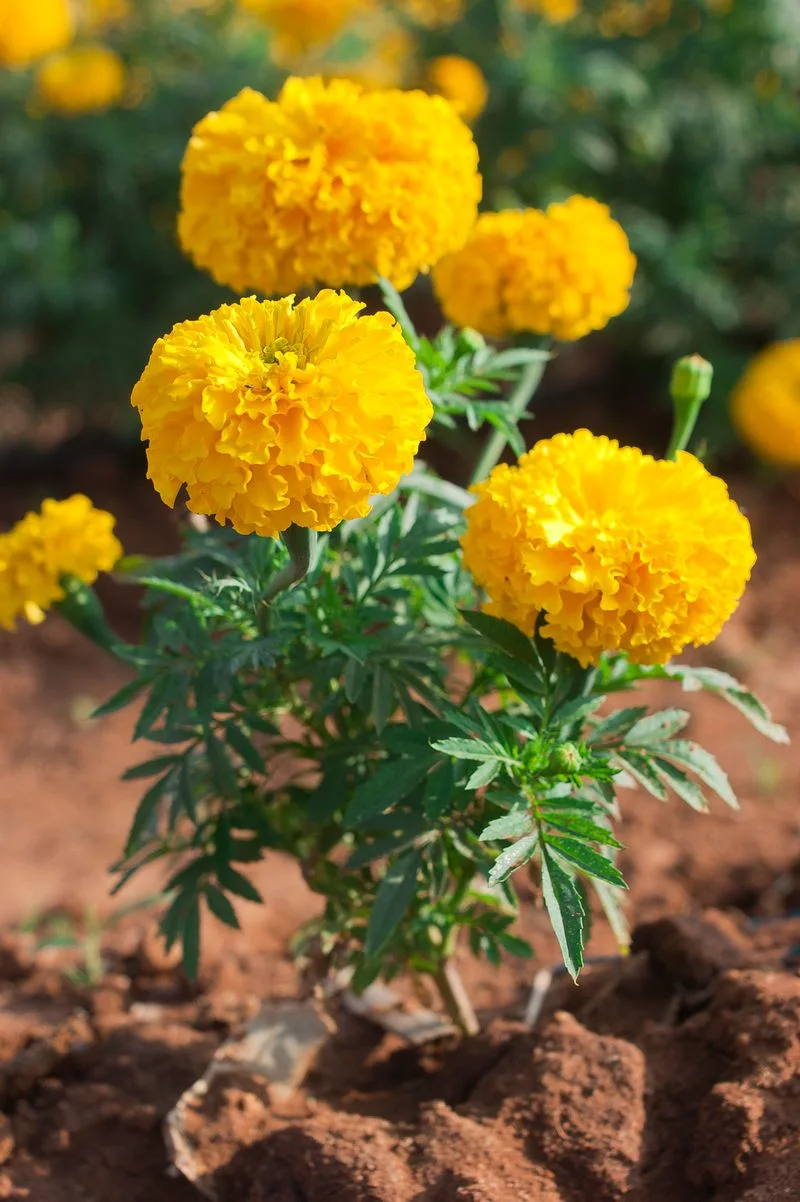
Marigolds, with their sun-kissed hues, are more than just a pretty face. Known for their hardy nature, these flowers emit a distinct scent that mosquitoes find repulsive. Plant them at garden borders, and let their vibrant blooms create a natural mosquito barrier. Their low maintenance needs make them an ideal choice for gardeners of all skill levels. Historically, marigolds have been associated with protection and positive energy, making them a cherished addition to gardens. Whether in flower beds or pots, marigolds brighten up any space while keeping pests away.
Lavender
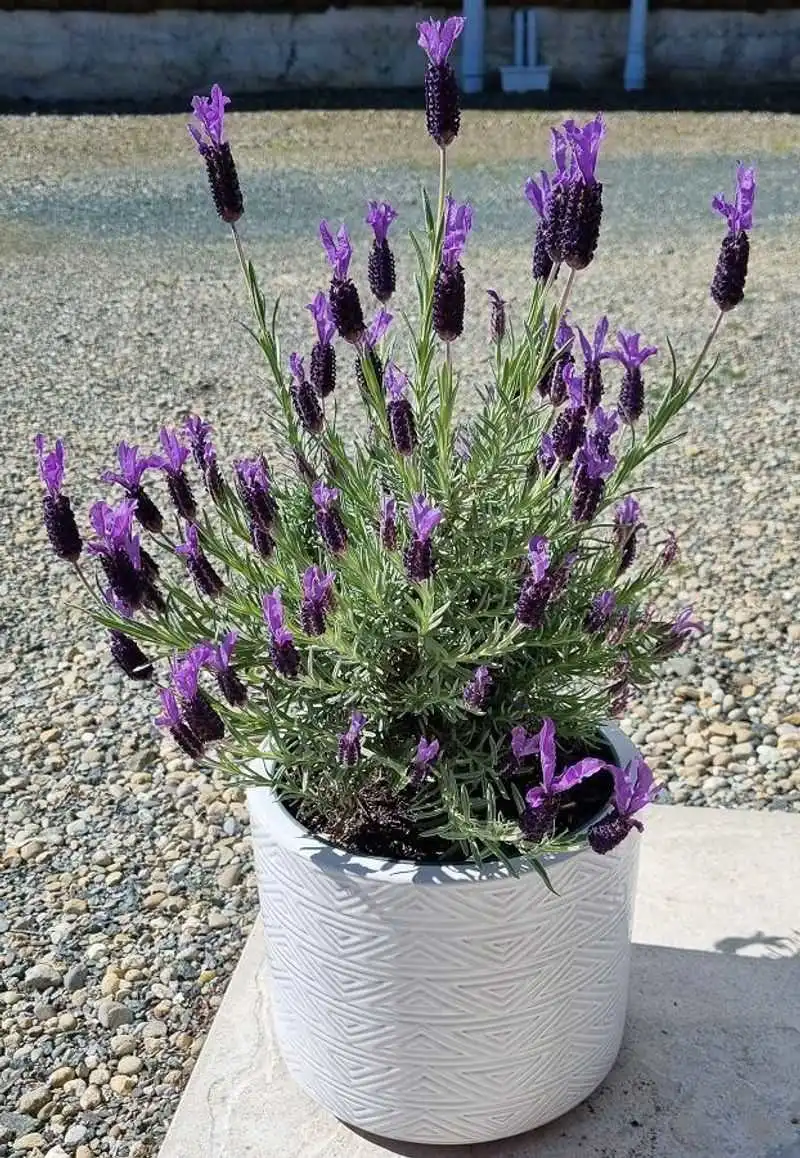
Lavender, with its calming aroma, doubles as a mosquito deterrent. Known for its soothing properties, the scent is loved by humans but detested by mosquitoes. Planted near doorways or windows, lavender acts as a fragrant shield, ensuring peace indoors and out. Its historical uses range from medicinal to culinary, showcasing its versatility. This perennial favorite not only beautifies spaces but also brings tranquility through its gentle presence. A touch of lavender in your garden promises a serene escape from pesky insects.
Catnip
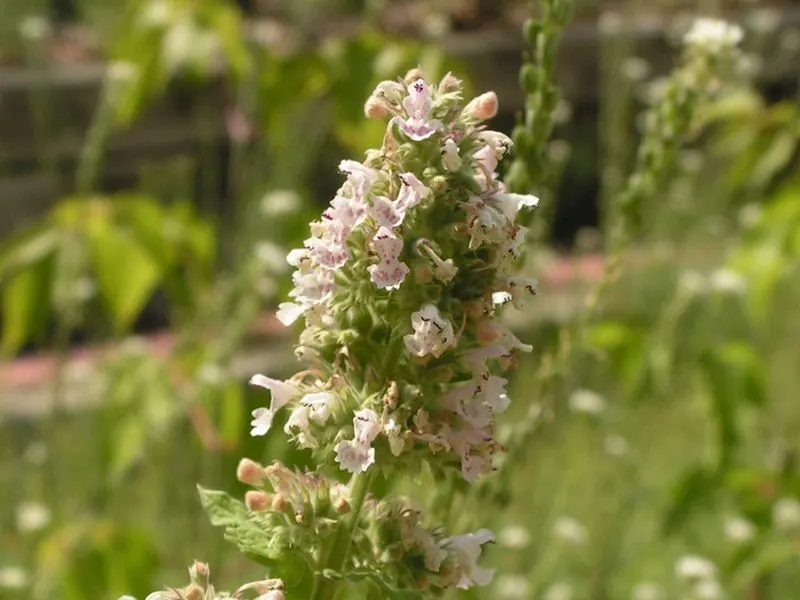
Catnip is more than a feline delight; it’s also an effective mosquito repellent. Its compound, nepetalactone, is found to be more effective than commercial repellents. This herb, with its delicate flowers, adds a gentle charm to any garden. Easily grown in pots or direct soil, catnip thrives with minimal care. Historically used in teas and remedies, it offers a blend of beauty and utility. Its natural aroma is pleasant to people but keeps mosquitoes at bay. Consider adding this dual-purpose plant to your garden arsenal.
Lemon Balm
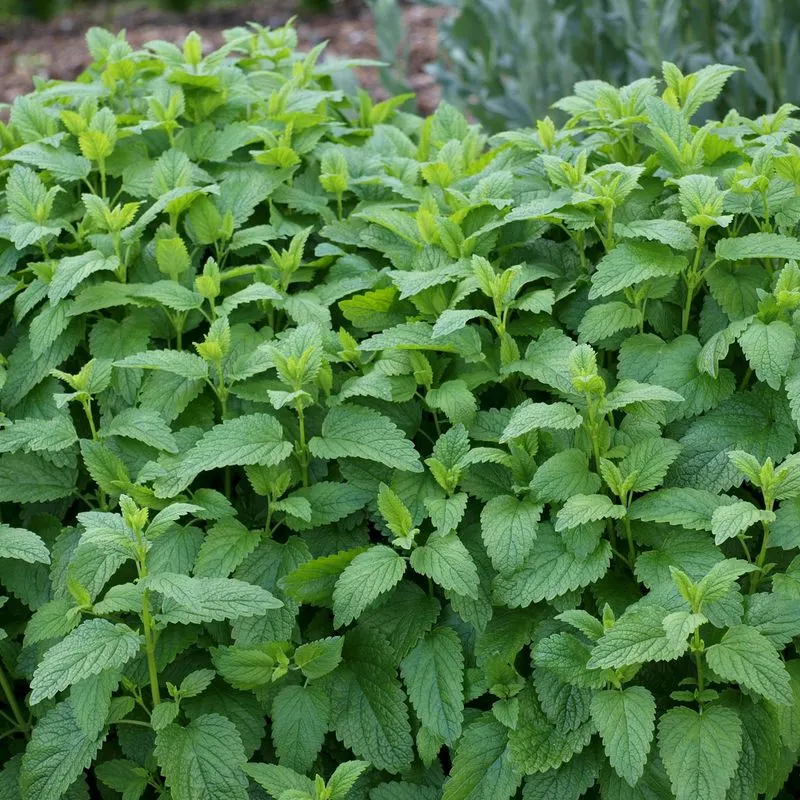
Lemon balm, with its zesty fragrance, is a delightful addition to any garden. Its citrus scent naturally repels mosquitoes, while its lush greenery adds aesthetic appeal. Easy to grow, it flourishes in sunny spots and well-drained soil. Known for its calming properties, lemon balm is often used in teas to reduce stress and anxiety. This versatile herb not only enhances your garden’s beauty but also serves as a natural insect deterrent. Its dual purpose makes it a favorite among garden enthusiasts looking for both form and function.
Basil

Basil, a kitchen staple, also serves as a mosquito repellent. Its fragrant leaves release oils that keep mosquitoes at a distance. Ideal for pots or garden beds, basil adds lush green beauty and culinary delight. Known for its anti-inflammatory properties, it’s a plant of many uses. When placed near outdoor seating, it creates a fragrant barrier against pests. Historically revered in various cuisines, basil offers both flavor and function. Its presence transforms garden spaces into aromatic havens, making outdoor gatherings more enjoyable.
Bee Balm
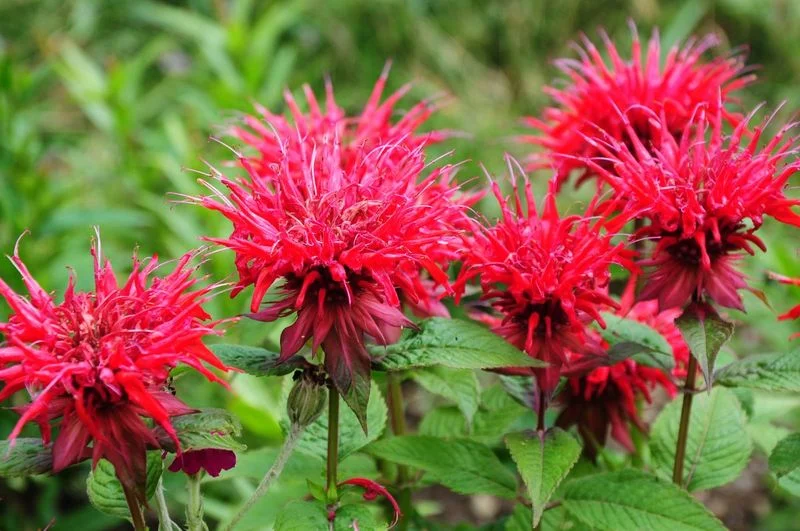
Bee balm is a striking plant that attracts pollinators while deterring mosquitoes. Its vibrant blossoms add a splash of color to any garden. Known for its medicinal properties, bee balm has been used traditionally to soothe colds and sore throats. Its aromatic oils are unpleasant to mosquitoes, making it a perfect companion for outdoor spaces. Easy to cultivate, bee balm thrives in sunny environments, enhancing garden aesthetics with its bold presence. Whether planting for beauty or utility, bee balm offers a harmonious blend of both.
Petunia
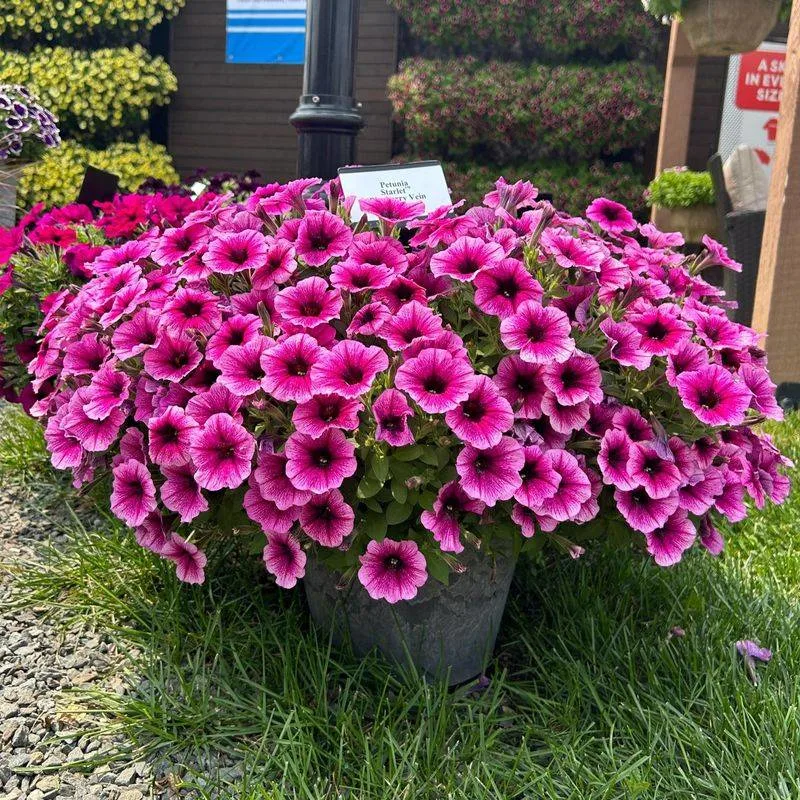
Petunias, with their captivating color palette, serve as natural mosquito deterrents. Their subtle fragrance is disliked by mosquitoes, providing an added layer of protection to your garden. Easy to grow in pots or hanging baskets, they are a versatile addition to any outdoor space. Petunias thrive in sunny conditions, rewarding gardeners with continuous blooms throughout the season. Their presence not only beautifies but also safeguards areas from pesky insects. Consider these vivacious flowers to keep your garden lively and mosquito-free.
Citronella Grass
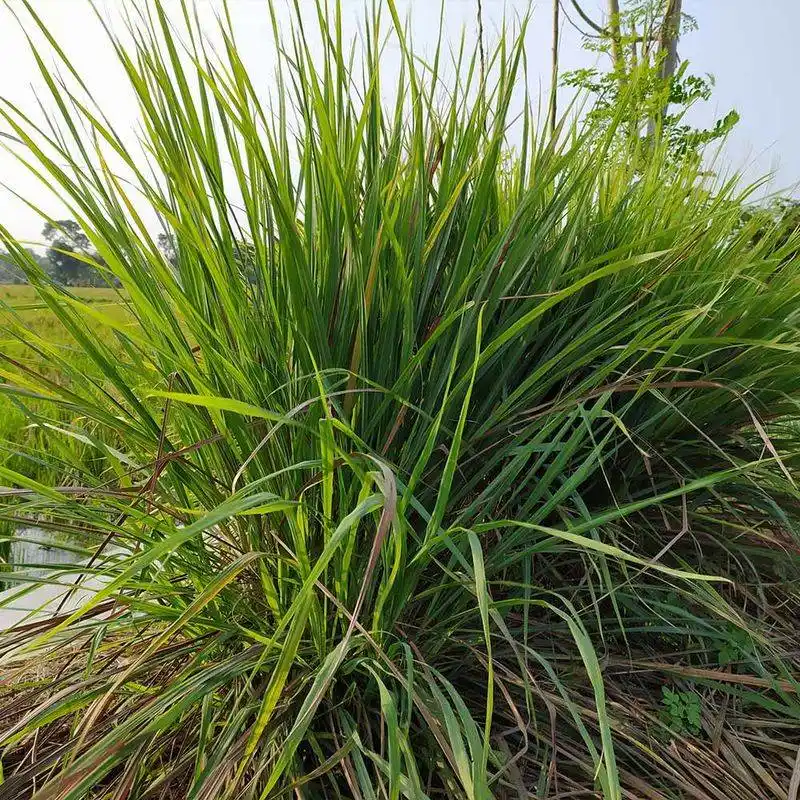
Citronella grass, famed for its lemony aroma, is a well-known mosquito repellent. The plant’s oils are often used in candles and sprays for their insect-deterring properties. Ideal for pots or garden borders, citronella grass adds height and texture to outdoor areas. Its fresh scent is invigorating to humans but keeps mosquitoes at bay. Easy to maintain, this grass thrives in sunny, warm climates. Incorporating citronella grass into your garden design not only enhances its look but also offers a practical solution to mosquito problems.
Geranium
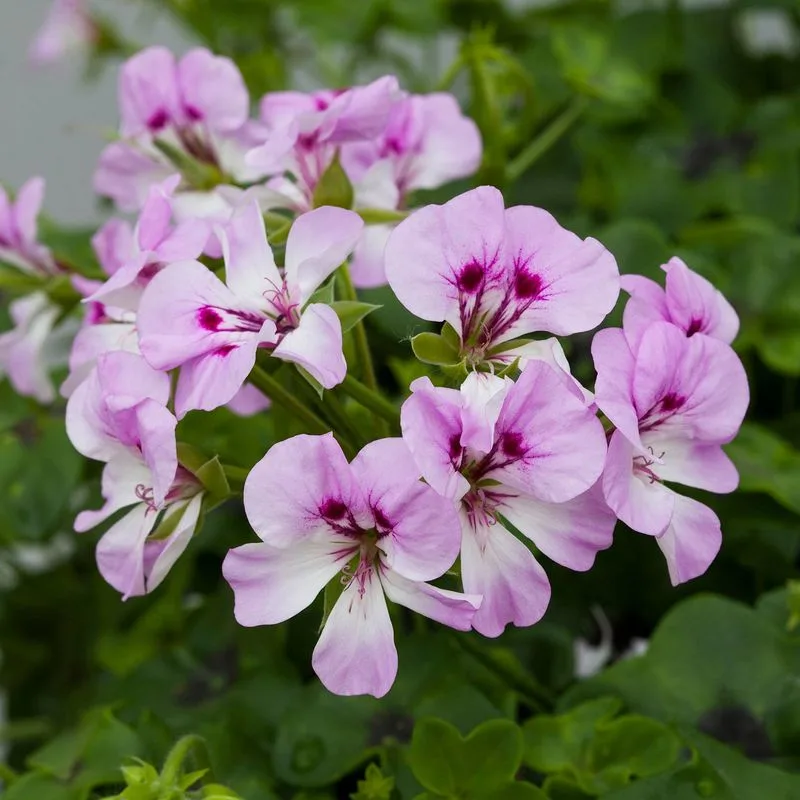
Geraniums, with their bold blooms, are effective mosquito repellents. The plant’s fragrant oils deter pests while adding a burst of color to gardens. Suitable for pots or garden beds, geraniums are adaptable and easy to care for. Their vibrant flowers provide a cheerful atmosphere, enhancing any outdoor space. Known for their pest-repelling properties, geraniums are a lovely choice for patios and balconies. These resilient plants not only beautify surroundings but also contribute to a mosquito-free environment.
Allium
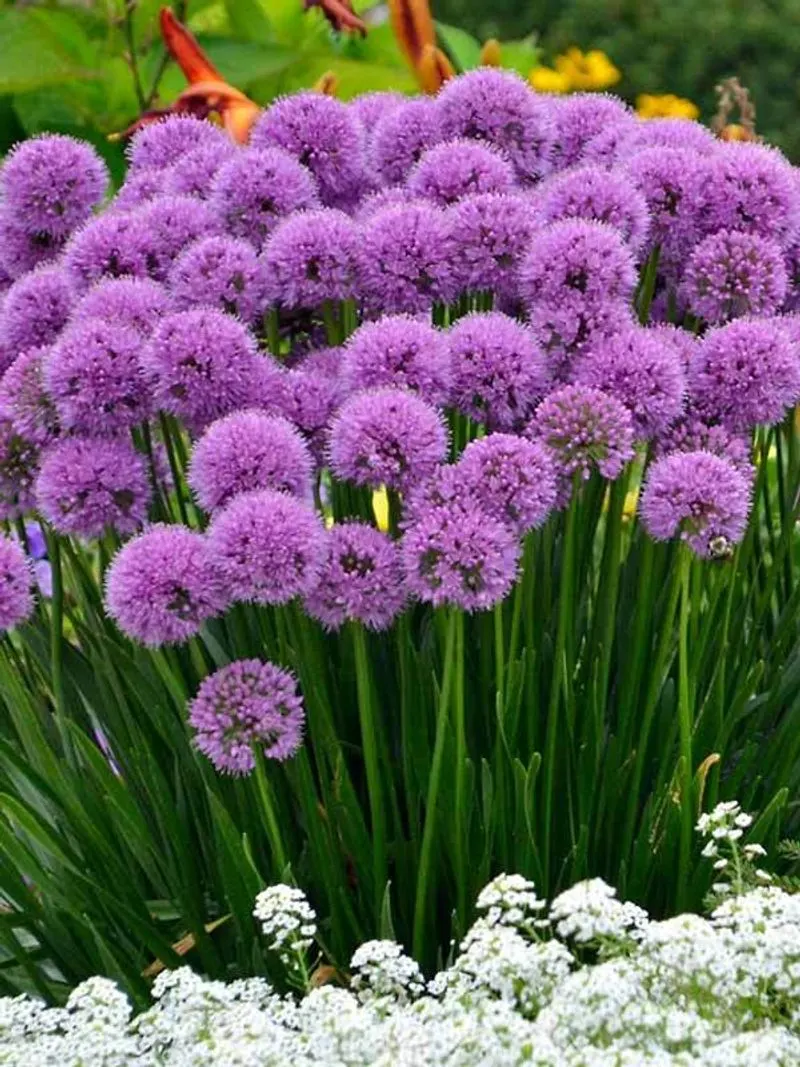
Allium, with its striking globe-shaped flowers, serves as a natural mosquito repellent. The plant’s unique structure adds architectural interest to gardens. Known for its onion scent, allium deters mosquitoes while attracting pollinators like bees and butterflies. Easy to grow, it requires minimal maintenance and thrives in sunny spots. Allium’s presence in flower beds or along borders enhances garden aesthetics. This plant’s dual role of beauty and pest deterrence makes it a valuable addition to any outdoor space.
Rosemary
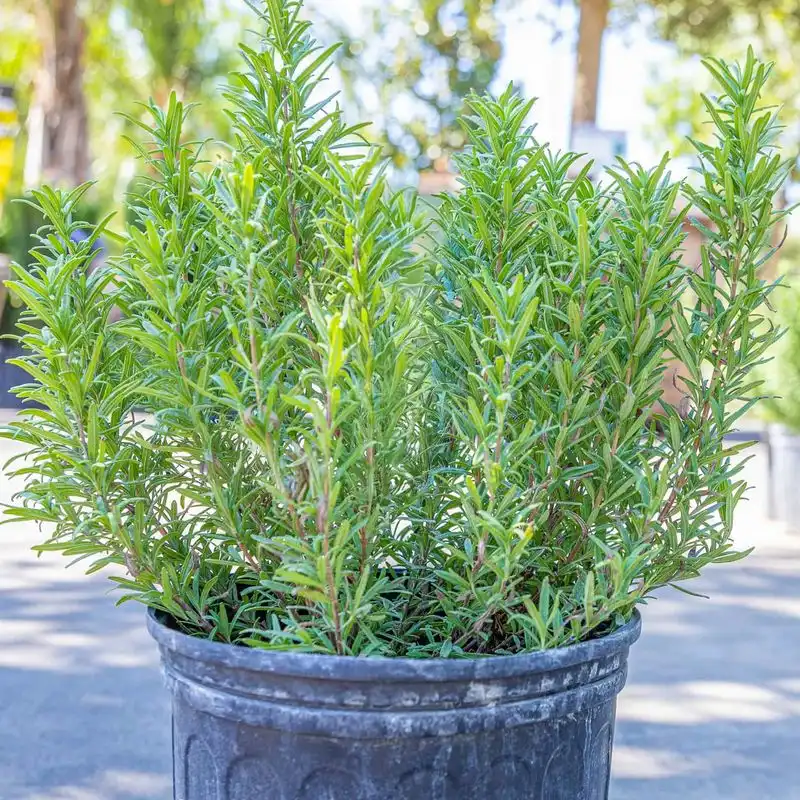
Rosemary, known for its culinary uses, also works as a mosquito repellent. Its fragrant oils are unwelcome to mosquitoes, making it an ideal plant for outdoor seating areas. Easily grown in pots or as part of a garden bed, rosemary adds both flavor and function. Its woody stems and evergreen leaves provide year-round beauty. Historically used in various cuisines, rosemary’s aroma enhances outdoor spaces while keeping pests away. This dual-purpose plant is a favorite among gardeners seeking natural solutions to mosquito problems.
Mint
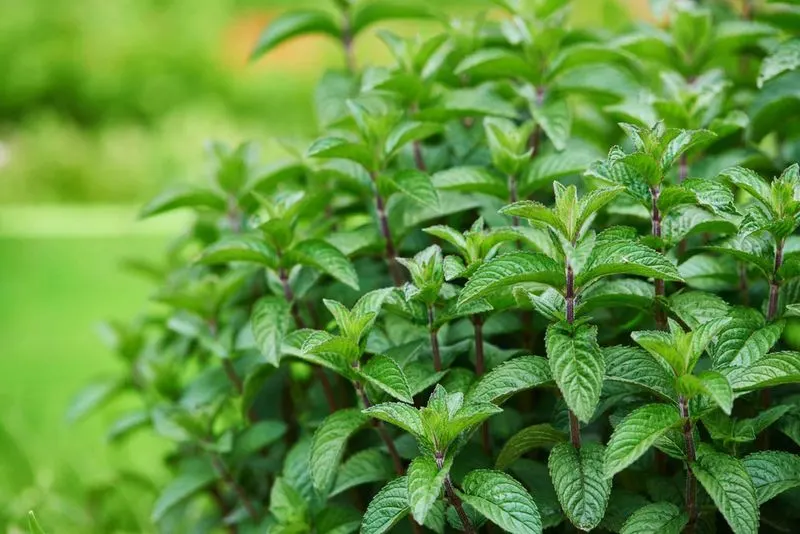
Mint, with its refreshing scent, is a natural mosquito repellent. Its invasive nature makes it perfect for container gardening, ensuring it doesn’t overrun your space. The plant’s aromatic leaves release oils that deter mosquitoes, while also serving culinary purposes. Easy to care for, mint thrives in partial shade and well-drained soil. Its presence in gardens or on patios offers both beauty and utility. The dual role of mint as a culinary herb and mosquito deterrent makes it a versatile choice for any garden.
Sage
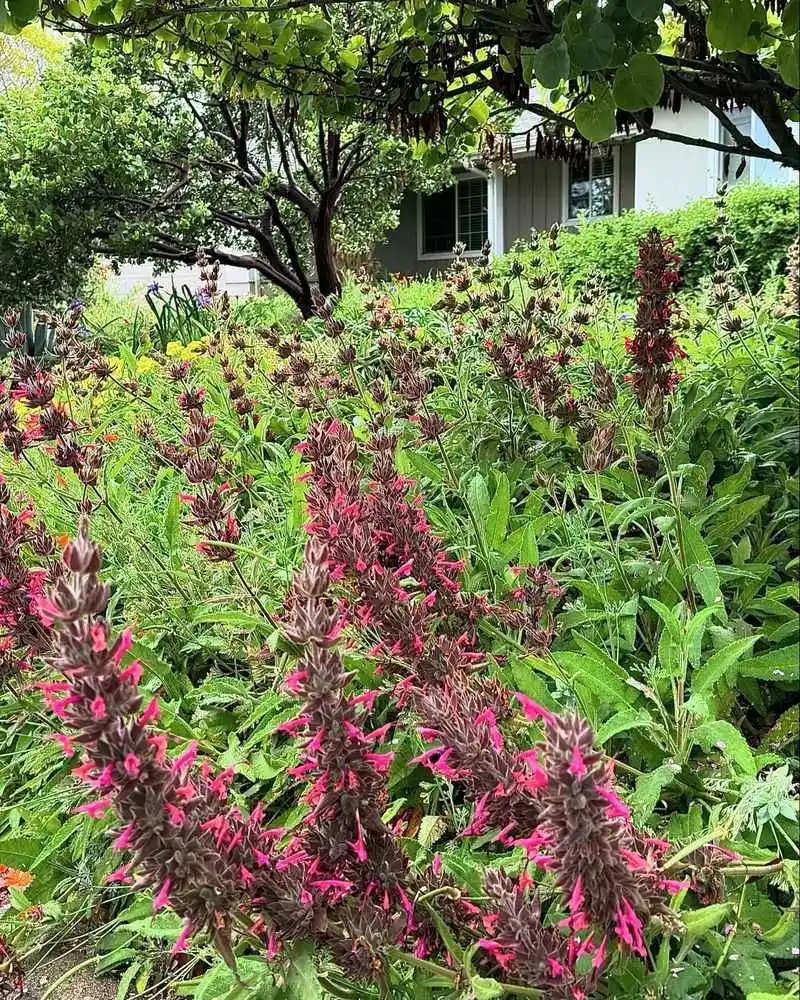
Sage, revered for its culinary and medicinal uses, also repels mosquitoes. The plant’s earthy aroma is disliked by pests, making it a smart addition to gardens and patios. Easily grown in pots or garden beds, sage thrives in sunny locations and well-drained soil. Its leaves add texture and color to outdoor spaces, enhancing garden aesthetics. Known for its versatility, sage offers a blend of utility and beauty, making it a beloved plant for both novice and experienced gardeners. Consider sage for a natural mosquito deterrent.
Lantana
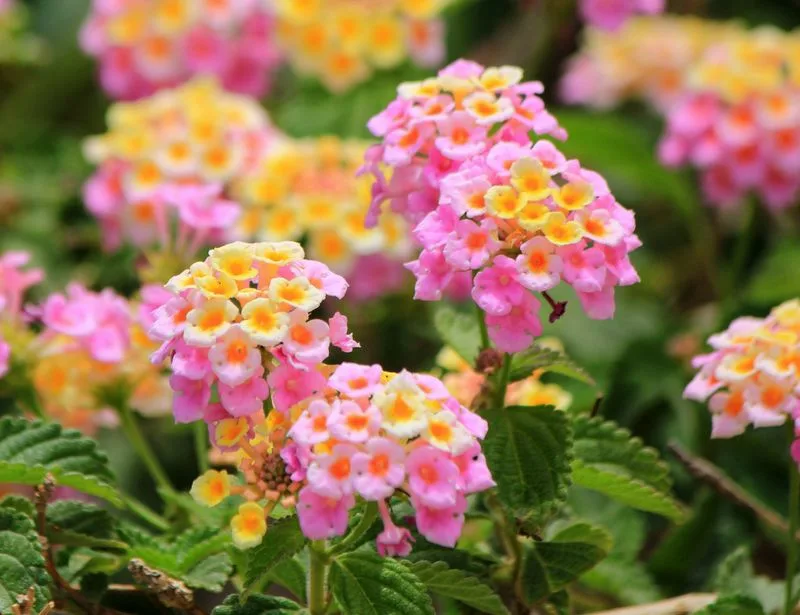
Lantana, with its colorful blooms, acts as a natural mosquito repellent. The plant’s scent deters pests while attracting butterflies, adding a lively touch to any garden. Hardy and drought-tolerant, lantana thrives in sunny conditions, requiring minimal maintenance. Its vibrant flowers create a cheerful atmosphere, brightening up garden spaces. Lantana’s dual role in repelling mosquitoes and attracting pollinators makes it a valuable addition to outdoor areas. This plant’s resilience and beauty make it a favorite among gardeners.
Feverfew
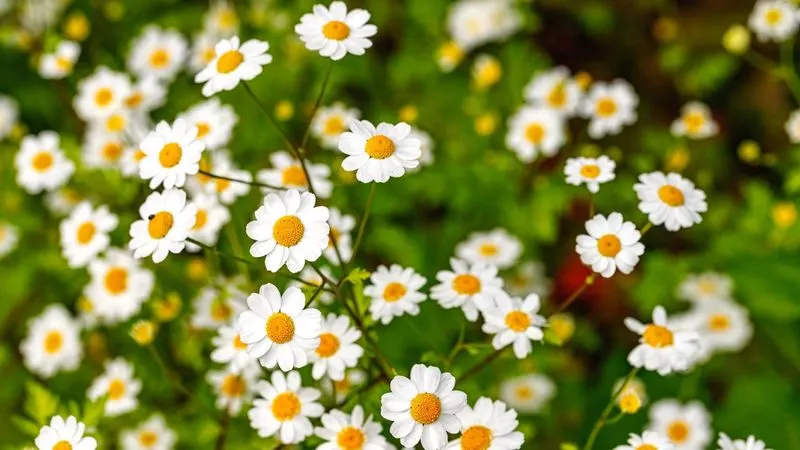
Feverfew, known for its medicinal properties, also acts as a mosquito deterrent. The plant’s bright flowers and aromatic leaves are unappealing to mosquitoes, offering natural protection. Easy to grow in garden beds or pots, feverfew thrives in sunny locations. Its historical use as a remedy for headaches and migraines adds to its appeal. This versatile plant not only enhances garden aesthetics but also provides practical benefits. Consider feverfew for its dual role in beauty and mosquito control, making outdoor spaces more enjoyable.
Pennyroyal
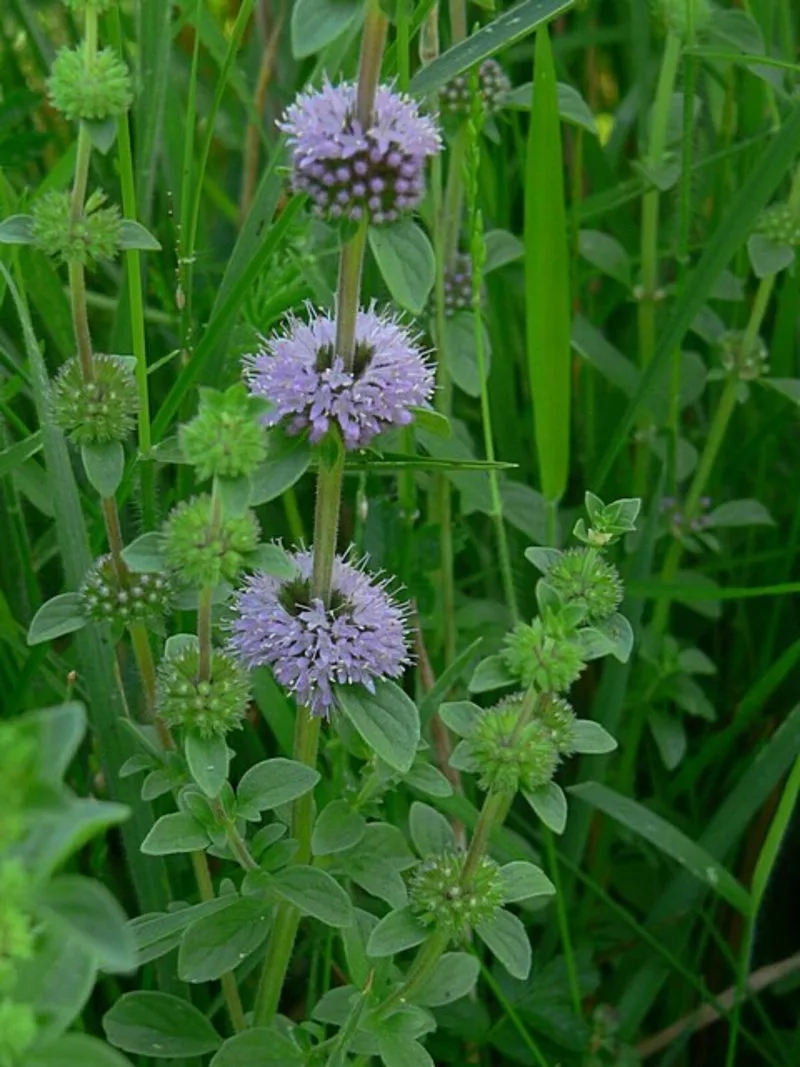
Pennyroyal, with its minty aroma, is a powerful mosquito repellent. The plant’s oils are known to deter pests, making it a practical addition to gardens. Suitable for pots or ground cover, pennyroyal thrives in sunny, well-drained areas. Historically used for medicinal purposes, its scent is pleasant to humans but repels mosquitoes. This dual-purpose plant enhances garden spaces with its lush growth and pest-deterring properties. Incorporating pennyroyal into your garden can create a peaceful, mosquito-free environment.
Floss Flower
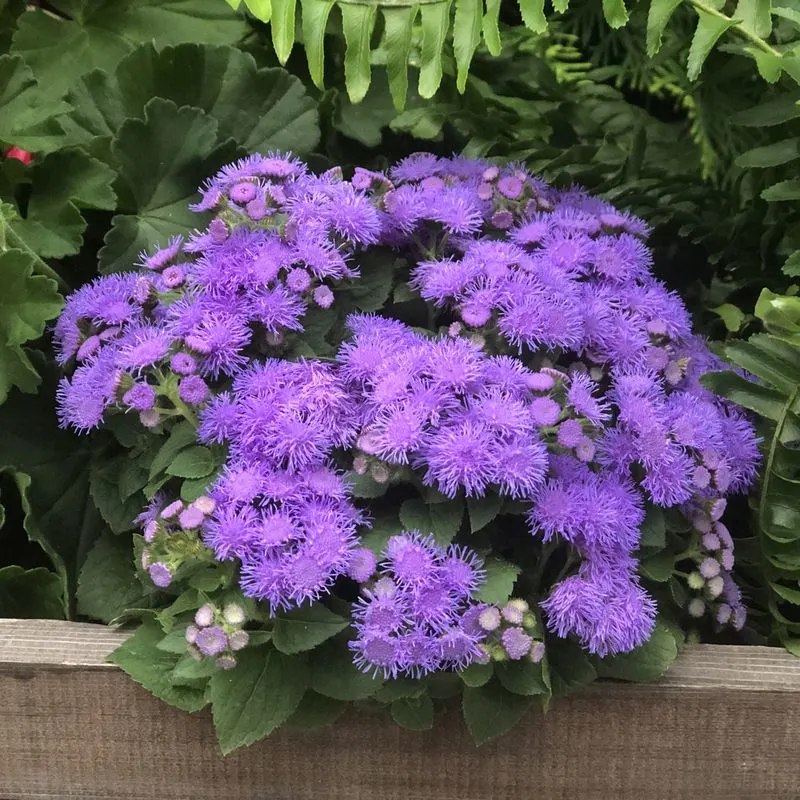
Floss flower, known for its fluffy blooms, acts as a natural mosquito repellent. The plant’s unique texture and color add interest to gardens. Easy to cultivate, floss flower thrives in sunny spots, offering a splash of blue to outdoor spaces. Its presence not only beautifies but also protects areas from mosquitoes. Known for attracting butterflies, it adds life and movement to gardens. This plant’s ability to deter pests while enhancing garden aesthetics makes it a valuable addition to outdoor settings.
Lemongrass
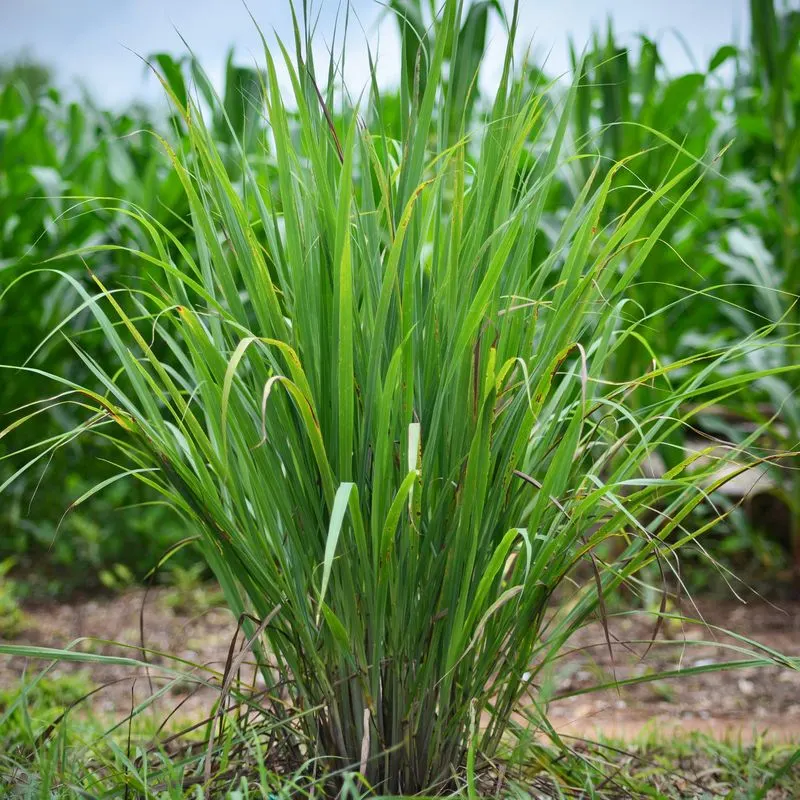
Lemongrass, with its fresh citrus scent, is a popular mosquito repellent. The plant’s oils are often used in sprays and candles for pest control. Ideal for pots or garden beds, lemongrass adds height and texture to spaces. Its refreshing aroma is pleasant to humans but deters mosquitoes. Known for its culinary uses, lemongrass offers a blend of flavor and function. This versatile plant enhances outdoor areas while providing a natural solution to mosquito problems. Consider lemongrass for a fragrant, mosquito-free garden.

